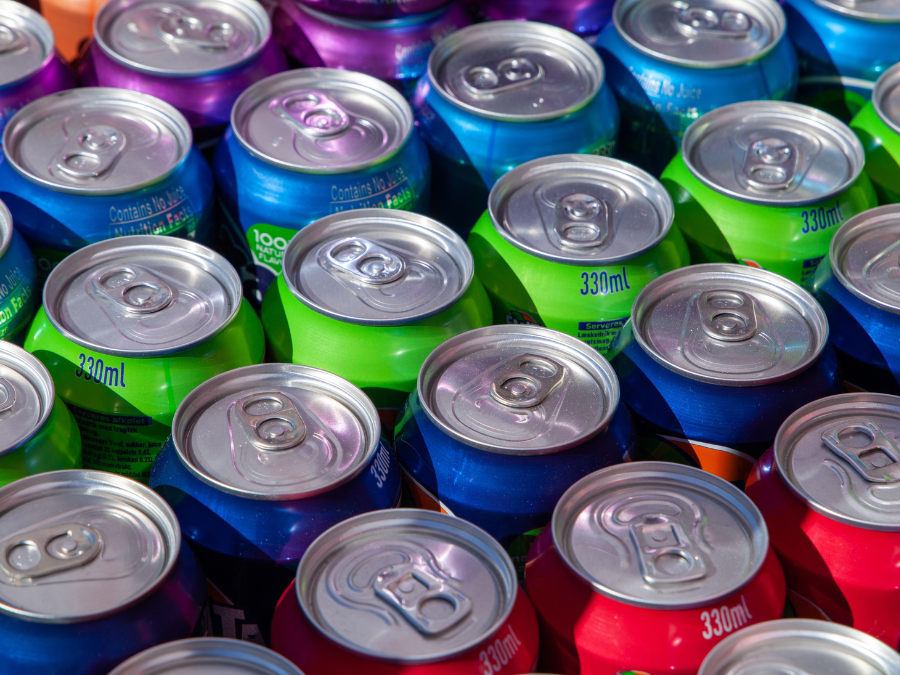The World Health Organization (WHO) has called for higher taxes on sweetened beverages (SSBs) and alcoholic beverages to promote “healthier behaviours”.
The United Nations agency said the average global tax rate on such “unhealthy products” was low and hiking taxes could improve consumers’ health.
“Although 108 countries are taxing some sort of sugar-sweetened beverage, globally, on average, the excise tax, a tax designated for a specified consumer product, represents just 6.6% of the price of soda,” the WHO said.
Meanwhile, around 148 countries have applied excise taxes to alcoholic beverages at the national level. However, wine is exempted from excise taxes in at least 22 countries, most of which are in Europe, the WHO wrote.
The organisation said: “Globally, on average, the excise tax share in the price of the most sold brand of beer is 17.2%. For the most sold brand of the most sold spirits type, it is 26.5%.”
It also stated that half of all countries taxing SSBs are also taxing water – adding that this is not recommended.
Rűdiger Krech, director of health promotion at WHO, said: “Taxing unhealthy products creates healthier populations. It has a positive ripple effect across society – less disease and debilitation and revenue for governments to provide public services. In the case of alcohol, taxes also help prevent violence and road traffic injuries.”
The WHO cited a 2017 study it said demonstrated taxes that increase alcohol prices by 50% would help avert “over 21 million deaths over 50 years and generate nearly $17tn in additional revenues”.
In response to the WHO’s call for higher taxes, Gavin Partington, director general of the British Soft Drinks Association, responded: “The WHO’s views on the consumption of sugar-sweetened beverages are well known.
“While the introduction of the Soft Drinks Industry Levy in the UK did encourage some producers to move further and faster with their sugar reduction work, we are yet to see compelling evidence that the tax has had any impact on obesity levels.”
Just Drinks has contacted the Scotch Whisky Association for comment.
Geneva-headquartered WHO also released a manual on alcohol tax policy and administration for its 194 member states.
It stated that minimum pricing, combined with tax policies, can be an “effective tool to curb consumption of cheap alcoholic beverages”.
“Country evidence has shown that minimum pricing results in reductions in alcohol-attributable hospitalisations, alcohol-attributable deaths and alcohol-related traffic violations and crimes,” it said.
The agency wrote that 2.6 million people die from drinking alcohol globally each year and “over 8 million from an unhealthy diet”.
Amanda Berger, vice president of science and health at the Distilled Spirits Council of the US (DISCUS), said the WHO “should focus its efforts on reducing the harmful consumption of alcohol – not making recommendations aimed at reducing consumption, per se.”
She added that DISCUS “fully supports evidence-based solutions to combat alcohol abuse”.
“However, US data have demonstrated that higher prices do not deter alcohol abusers,” she said.
“As an example, recent research showed that Illinois’ alcohol tax hikes resulted in consumers merely switching to cheaper products, not reducing their overall alcohol consumption. Additionally, research has found that tax increases may lead to dangerous consumption of illicit alcohol.”









